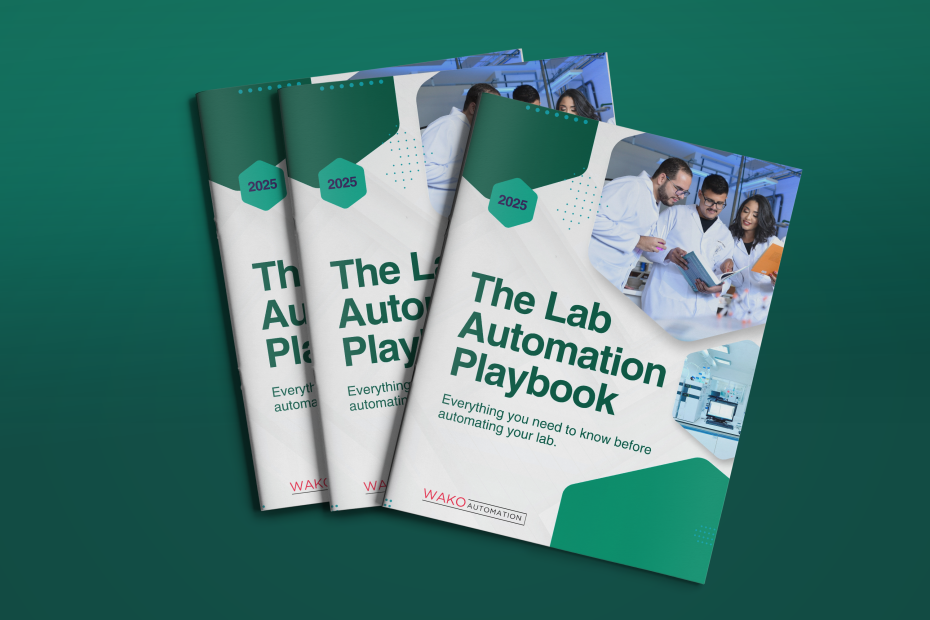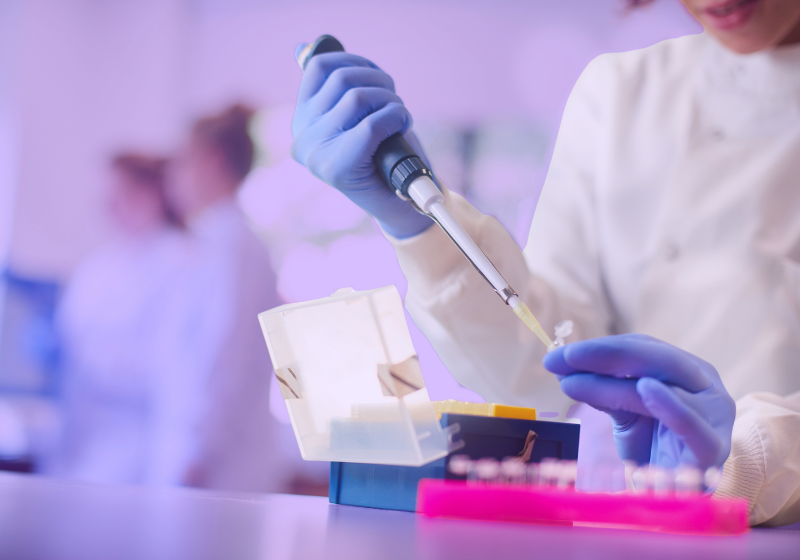The Lab Automation Playbook
If you are planning to invest in lab automation solutions, this is the white paper you must read first. It covers everything you need to know and consider before automating your lab, from the most common pitfalls to tips on how to properly train your team.




